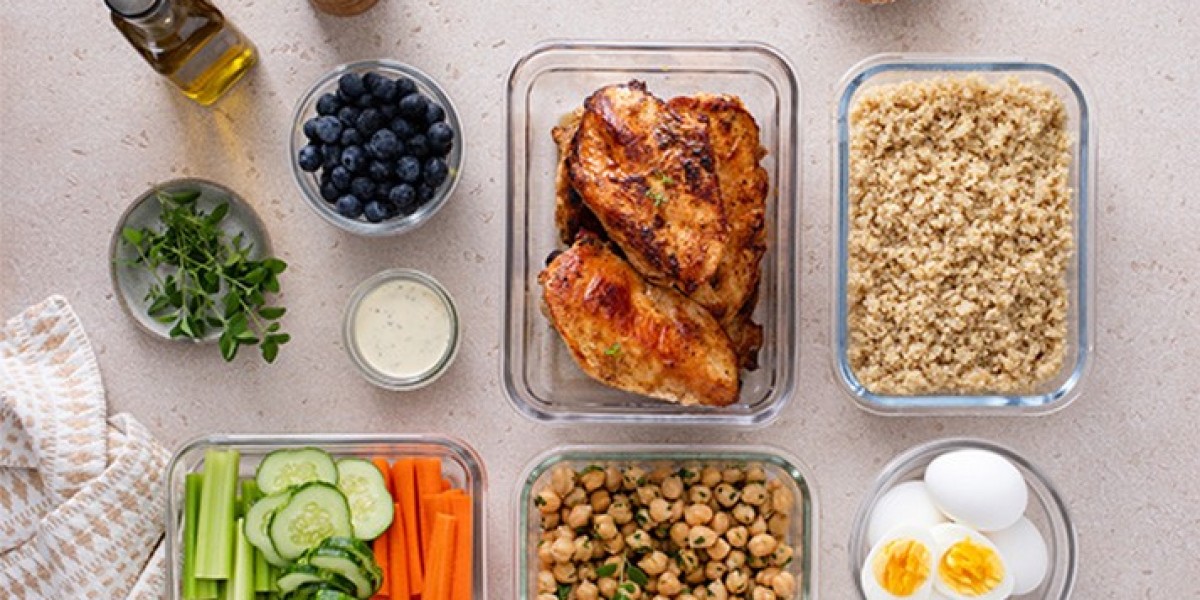Boxing is not only a sport it is a lifestyle. Every fighter who enters the ring brings with them years of dedication, hard work, and sacrifice. The way a boxer trains and the food they eat play a massive role in determining their success. Unlike casual workouts, boxing requires explosive power, lightning-fast reflexes, endurance that lasts for several rounds, and the mental toughness to remain sharp even when fatigued.
Behind every successful boxer lies a strict boxing food diet guide and a carefully structured boxer training guide. These two pillars work hand-in-hand: without proper nutrition, training will not deliver maximum results, and without training, the best diet won’t translate into boxing success.
This blog provides a comprehensive breakdown of what fuels a boxer’s body, how they train, and why balance between the two is critical for peak performance.
Why Nutrition is the Foundation of Boxing
Nutrition is often called the “hidden weapon” of boxing. While spectators see punches, speed, and footwork on fight night, they rarely notice the carefully planned meals and hydration strategies that allow a boxer to perform at their best.
A fighter’s diet impacts:
Energy Levels: The right combination of carbs and proteins fuels intense training sessions.
Muscle Recovery: Protein intake supports muscle repair after sparring and conditioning.
Weight Control: Staying within the correct weight class is vital for competition.
Mental Focus: Balanced nutrition keeps the brain sharp, improving reaction time.
To learn how professional fighters manage their meals and calorie intake effectively, check out the boxing food diet guide.
Ideal Diet Plan
Every boxer’s meal plan is tailored to their weight, metabolism, and competition goals. However, common elements exist across all professional fighters’ diets.
Lean Proteins
Chicken, turkey, fish, eggs, and lean beef provide amino acids for recovery.
Plant-based fighters often rely on lentils, beans, and tofu.
Complex Carbohydrates
Whole grains, oats, sweet potatoes, and brown rice keep energy levels consistent.
Avoiding refined sugars prevents energy crashes.
Healthy Fats
Avocados, nuts, olive oil, and fatty fish support joint health and long-term stamina.
Vegetables and Fruits
Packed with vitamins, minerals, and antioxidants to boost immunity and recovery.
Hydration
Boxers consume plenty of water and replenish electrolytes lost in training..
The Importance of Training in Boxing
If diet fuels the machine, training sharpens it into a weapon. A well-structured boxer training guide balances strength, endurance, speed, and boxing technique.
Strength and Conditioning
Weightlifting, bodyweight exercises, and resistance training develop explosive punching power.
Cardiovascular Training
Running, swimming, and skipping build stamina, ensuring a boxer can fight round after round without slowing down.
Skill and Technical Work
Sparring, heavy bag drills, and pad work improve accuracy, timing, and ring IQ.
Agility and Footwork
Quick foot drills make a fighter unpredictable and difficult to hit.
Recovery Training
Stretching, foam rolling, and physiotherapy help avoid injuries and speed up recovery.
Synchronizing Diet and Training
The most successful fighters understand that training and diet must work together. A fighter who consumes the right nutrients at the wrong time won’t maximize their performance. Similarly, overtraining without proper food leads to fatigue and burnout.
Pre-Training Meal: Carbohydrates with light protein for energy.
During Training: Constant hydration and small electrolyte replenishment.
Post-Training Meal: Protein-rich meals with complex carbs to restore glycogen and repair muscles.
Mental Toughness
Beyond the physical aspect, boxing is a mental battle. Diet and training routines also build discipline, patience, and resilience. Following a strict plan creates habits that carry over into fight preparation, where focus and confidence become critical weapons.
Common Mistakes Boxers Must Avoid
Even disciplined fighters sometimes fall into traps that cost them results.
Skipping meals to cut weight too quickly.
Overtraining without adequate rest.
Ignoring hydration during training.
Poor sleep routines that prevent recovery.
How Beginners Can Start
Not everyone has the schedule of a professional boxer, but beginners can adopt simplified versions of a pro routine:
Train at least four times a week with a mix of cardio, strength, and boxing drills.
Build meals around proteins, complex carbs, and vegetables.
Stay hydrated and avoid junk food.
Prioritize rest and listen to the body’s signals.
Small, consistent steps lay the foundation for future growth in Boxing and Fitness.
FAQs
What foods should boxers avoid?
Boxers should stay away from sugary drinks, fried foods, processed snacks, and alcohol since these reduce stamina and increase fatigue.
How many hours a day do boxers train?
Professional boxers often train 4–6 hours per day, divided between conditioning, sparring, and recovery sessions. Beginners can start with 1–2 hours.
Is cardio more important than strength training in boxing?
Both are equally important. Cardio builds endurance, while strength training develops punching power and injury resistance.
How do boxers recover after intense training?
They use hydration, stretching, proper sleep, and protein-rich meals to speed up muscle repair.
Conclusion
Boxing excellence is built on two pillars: diet and training. A fighter who ignores one cannot succeed in the long run. A structured boxing food diet guide provides the energy and recovery needed to train hard, while a well-planned boxing training guide builds the strength, stamina, and skill required to dominate in the ring.
Whether you are an aspiring boxer, a fitness enthusiast, or someone curious about the discipline behind the sport, understanding and applying these principles will elevate your performance. Boxing isn’t just about the fight, it's about preparation, discipline, and the balance between body and mind.
By mastering both diet and training, every fighter can unlock their potential and step into the ring ready to give their absolute best.
Visit boxing essential to explore more.






